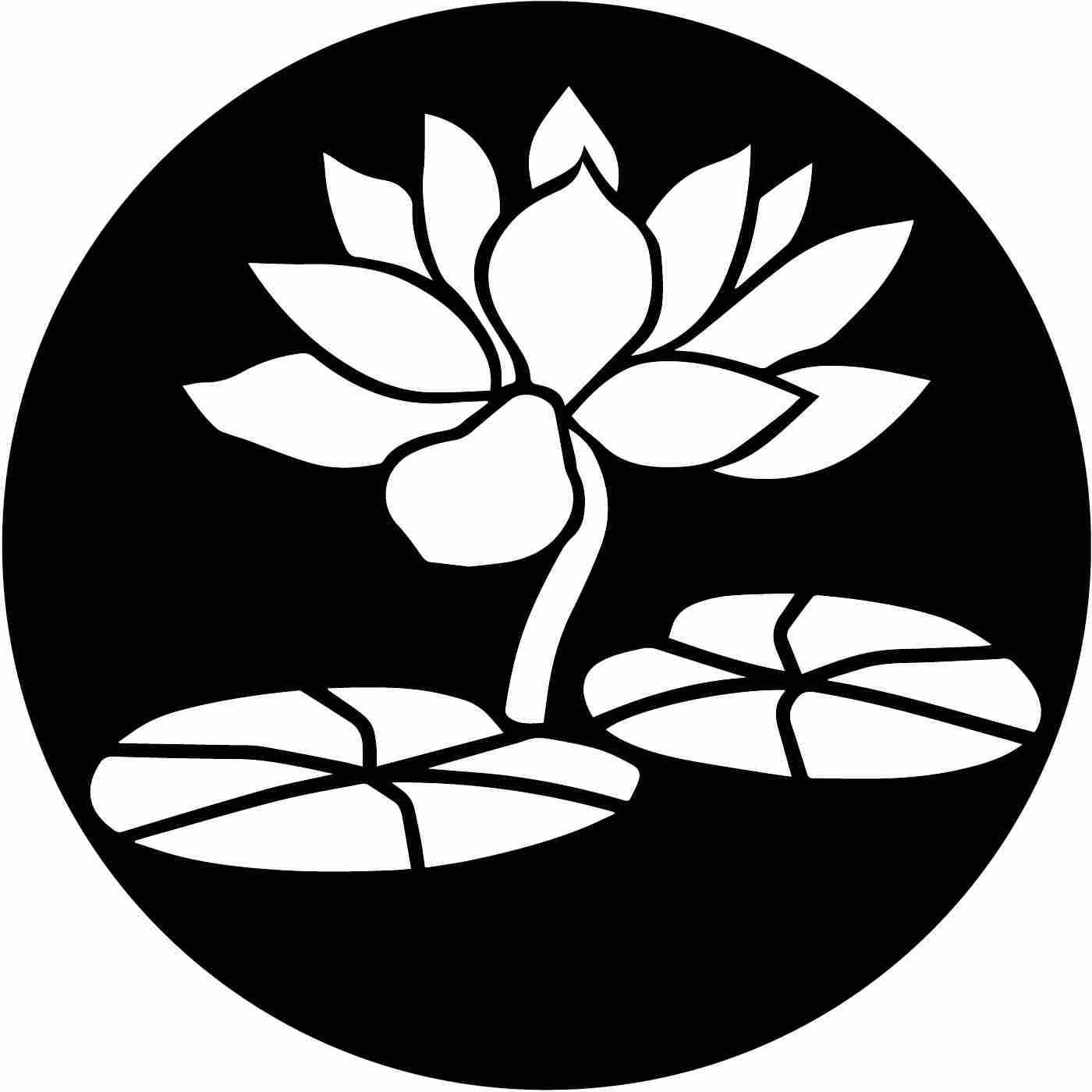I Renounce My Vows, I Renounce My Vows

Mun is still lying in the wedge of shade the Machine casts on the ground. From the look of things it would seem he has yet to move. The bruise adorns his forehead like a small egg. It is lathered with a poultice Saran whips up from an old potato. By evening, the swelling should be gone, though the bruise itself remains for several days, his skin the pale blue color of a vein. When Uncle and I come back, he sits up quickly but winces. See anything, he asks.
Yes, says Uncle, one is always seeing if one simply opens the eyes. He winks at me. I am beginning to think that part of Uncle’s journey, in addition to finding the One for Whom the Sky Never Darkens, is also to reopen my brother’s heart, to bring him back to who he is, a Precious One. But then again I think this about every unexpected twist life brings our way ever since Mun says the words I renounce my vows, I renounce my vows, I renounce my vows, and in doing so, formally disrobes.
Little Bat is sitting in the lotus position off by himself on the scrubby earth. Not yet, my friend, says Uncle. Little Bat is too far off to hear, too deep in stillness, his form unmoving yet filled with light. Let us first give the universe a little more time to help, Uncle says.
Two years ago in early spring a herder on the edge of the Gobi discovers a young family of four in a remote area of the grasslands. Nobody knows exactly when they set out or where they are headed. In Mongolia people sometimes make long journeys by motorbike, bringing everything they need with them—extra inner-tube linings, a small compressor, a soldering iron, various tools and gadgets to fix anything that might go wrong, food and animal furs, photographs and keepsakes, a set of anklebones for the endless twilight evenings. Of this family, all that is left is their rusted motorbike, the winter snows turning the metal to lace, the shriveled bodies of the young children huddling between the parents.
I arrange my robe around me and settle down on the ground, searching for the peace that exists even in uncertainty. I try to imagine the worst-case scenario, the five of us out here for weeks, the days growing shorter, the clouds graying with snow, our bodies moving less and less until all function ceases, the soft tissues of the face decaying first, maggots devouring the skin of our lips and nostrils so that our teeth appear elongated.
Noon approaches from the east, the sun at a standstill. The only shadows are those cast by clouds racing over the landscape. It is three hours since we hit the sinkhole. At one o’clock, Saran hands us each a bowl of milk tea and a block of aaruul. By two o’clock I notice a glittering when I close my eyes. Flecks of light dance in my vision even when my eyes are open. Three o’clock arrives. We have six more hours of summer light.
Little Bat rises and stands before Uncle, who remains seated but does not acknowledge the presence of his heart’s disciple. After several minutes Little Bat prostrates himself before his teacher. He remains like that, face pressed to the dark earth. Time passes, the two men locked in silent strife. The sun lashing the world with its rays. Outwardly I also appear as one stilled, but inside me there is a great thundering. I envision a child’s corpse hidden in the endless green. I imagine my own bones appearing through my skin.
Finally Uncle touches Little Bat’s head with his palm. The way he touches him it is obviously a blessing. The big monk rises. He bows before Uncle. Then the giant with the baby face sets out to do what needs to be done. He displays the patience of one who knows that the yoke of this life brings what it brings.